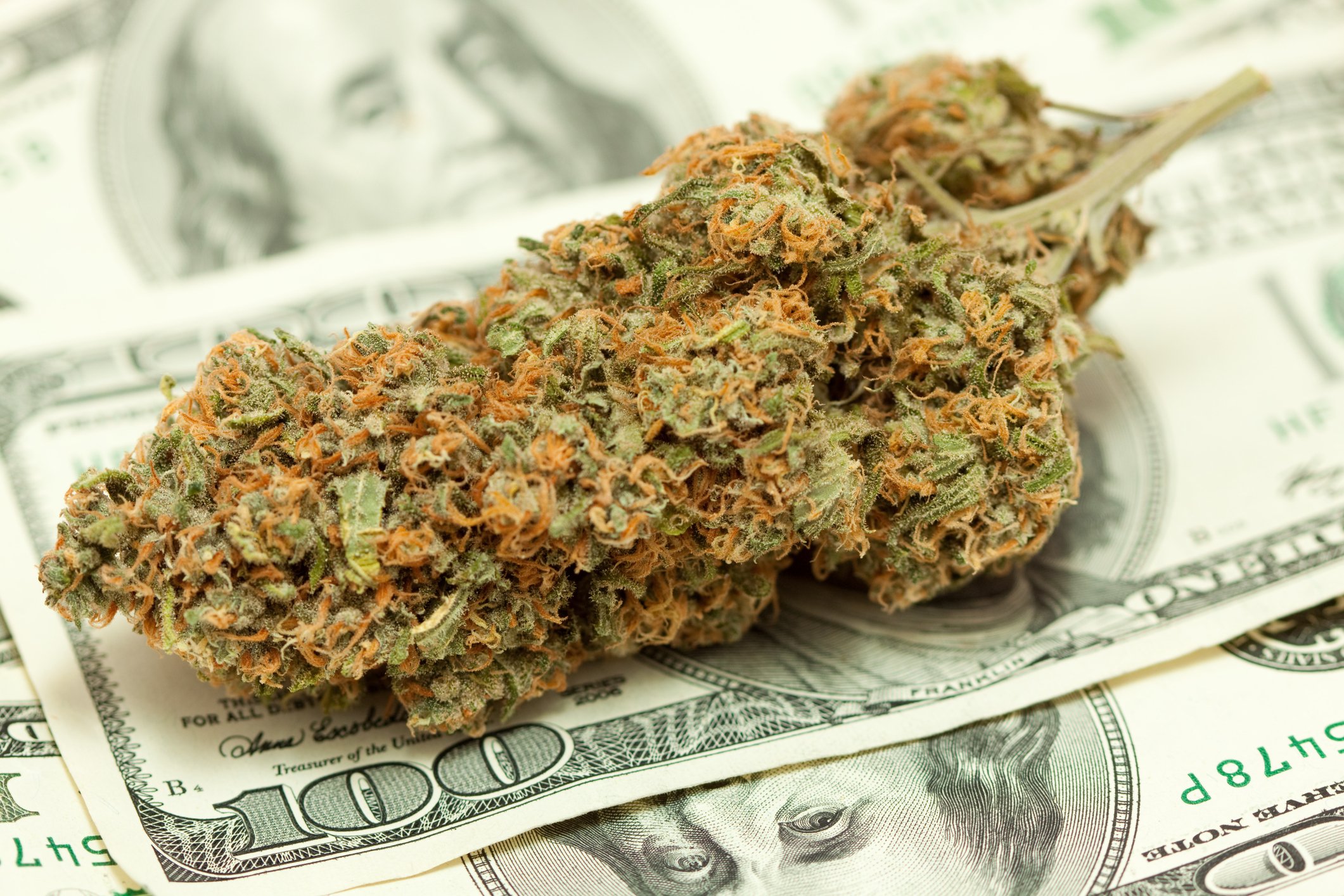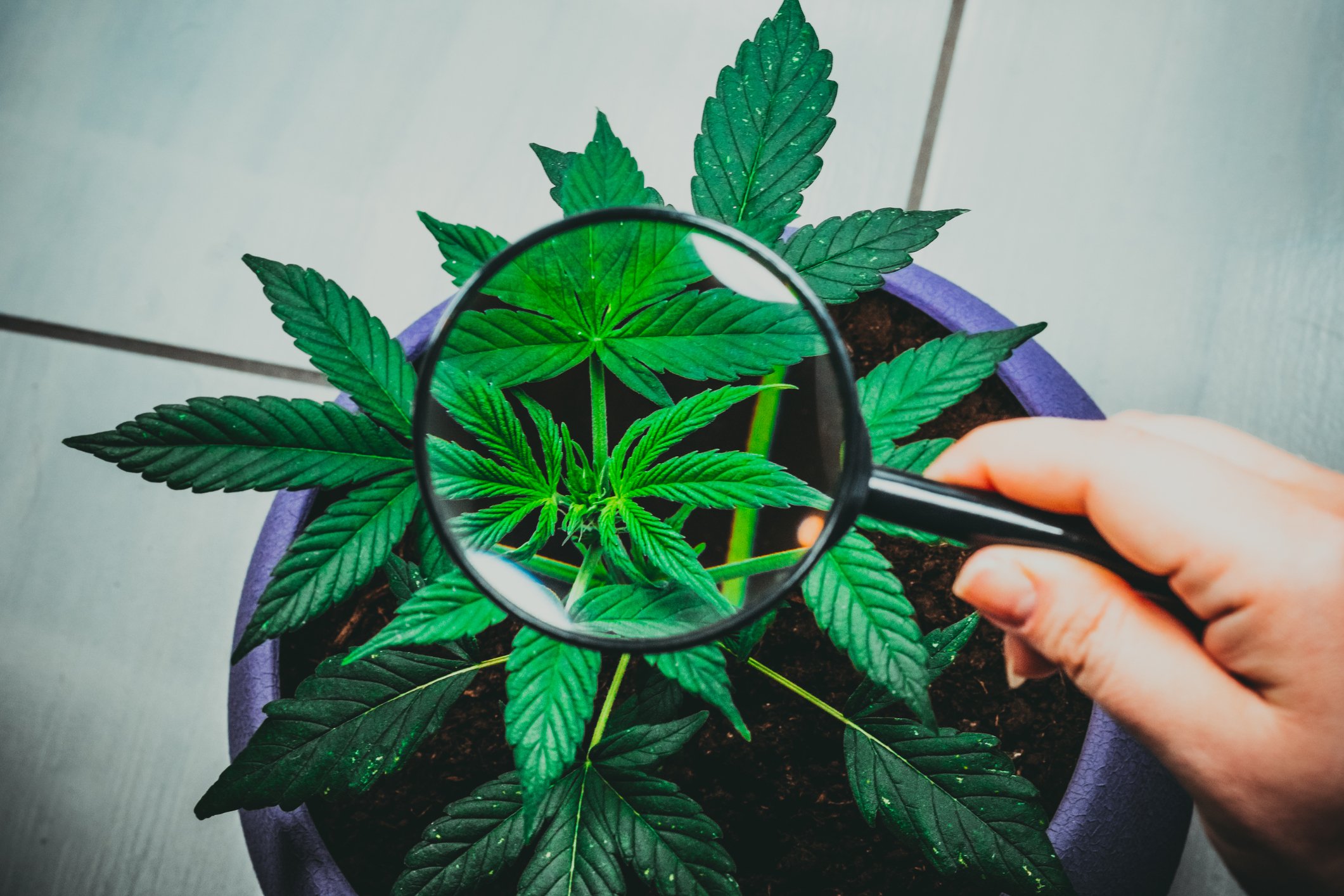
Insys Therapeutics (INSY +0.00%) shares are jumping following impressive third-quarter results that showed ongoing sales growth for its fentanyl opiate drug Subsys.
Subsys' continuing success is yet another reason investors intrigued by the prospects of medical marijuana may want to consider Insys. That's because growing sales provide plenty of dry powder that Insys can use to pay for research and development expenses tied to its marijuana drug pipeline.
Continuing to continue
Insys third-quarter sales of Subsys jumped 105% year over year to $58.2 million. That led to adjusted net income (after those pesky one time charges) of $0.63 per share, up from $0.39 last year.
Strength in Subsys sales helped boost Insys' balance sheet, too. The company's cash and equivalents exiting the quarter totaled $89.5 million, up from $75 million in June.
That's a solid showing, especially since the company's spending on its R&D program jumped from $1.7 million a year ago to $7 million last quarter.
Coming down the pipe
The closest drug in Insys' development pipeline to commercialization is oral dronabinol, a new formulation of the marijuana drug marinol, which is used to treat anorexia in HIV patients and nausea in chemotherapy patients.
The market for generic marinol totals $150 million annually and is growing about 4% per year. Oral dronabinol promises to be easier to dose and to act more quickly than marinol, advantages that have Insys thinking that oral dronabinol could eventually have nine-figure revenue potential.
Further down the pipeline, behind oral dronabinol, Insys is also studying synthetic versions of the marijuana cannabinoid CBD as a treatment for Dravet Syndrome and Lennox-Gastaut Syndrome.
Those two indications are small, with patient populations totaling just a few thousand, but both conditions have limited treatment options. As a result, the FDA has granted Insys orphan drug status on its CBD programs for those indications, which could help Insys bring those drugs to the market more quickly.
Insys expects to conduct a phase 1 dosing study early next year, and then launch a phase 3 trial shortly thereafter.
Overcoming a hiccup
In mid-October, the FDA kicked back Insys' oral dronabinol application for approval because it lacked an adequate pediatric study plan.
While that delays an FDA decision, Insys seems to be getting closer to refiling. In the company's third-quarter earnings release, Insys reported that it had submitted the pediatric study plan requested by the FDA, and that it would resubmit its filing for approval following a discussion of that plan with regulators.
Assuming that discussion goes smoothly, Insys could have a second drug in its product line-up by the end of next year. That could add even more revenue and profit growth to be used to cover spending increases tied to conducting additional CBD studies. For instance, earlier this year, Insys received orphan drug status for the study of its CBD treatment in multiforme glioblastoma, a common and fast-moving form of brain cancer.
Fool-worthy thoughts
Insys has an enviable balance sheet with a growing cash hoard and no debt. That suggests Insys should be able to handle cost increases associated with its medical marijuana pipeline without diluting current shareholders through an additional stock offering.
Investors may also find it encouraging to learn that Insys management is rooted in private equity. The company's CEO, Michael Babich, worked previously at EJ Financial Enterprises, a healthcare private equity company focused on start-ups. That experience may suggest C-suite decisions are made with investors in mind. If that's true, and Insys can continue to put up solid growth thanks to Subsys and its next wave of therapies, then investors may find a suitor comes to call. Regardless, growing sales and earnings should continue to support share prices in 2015.






